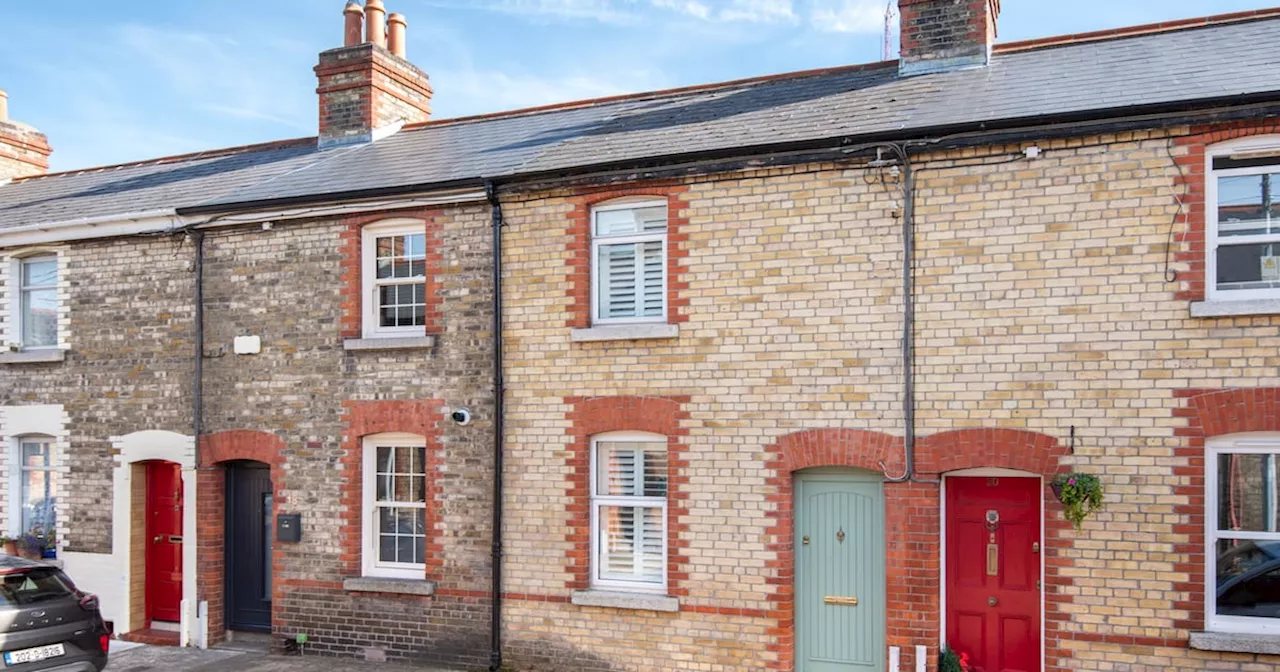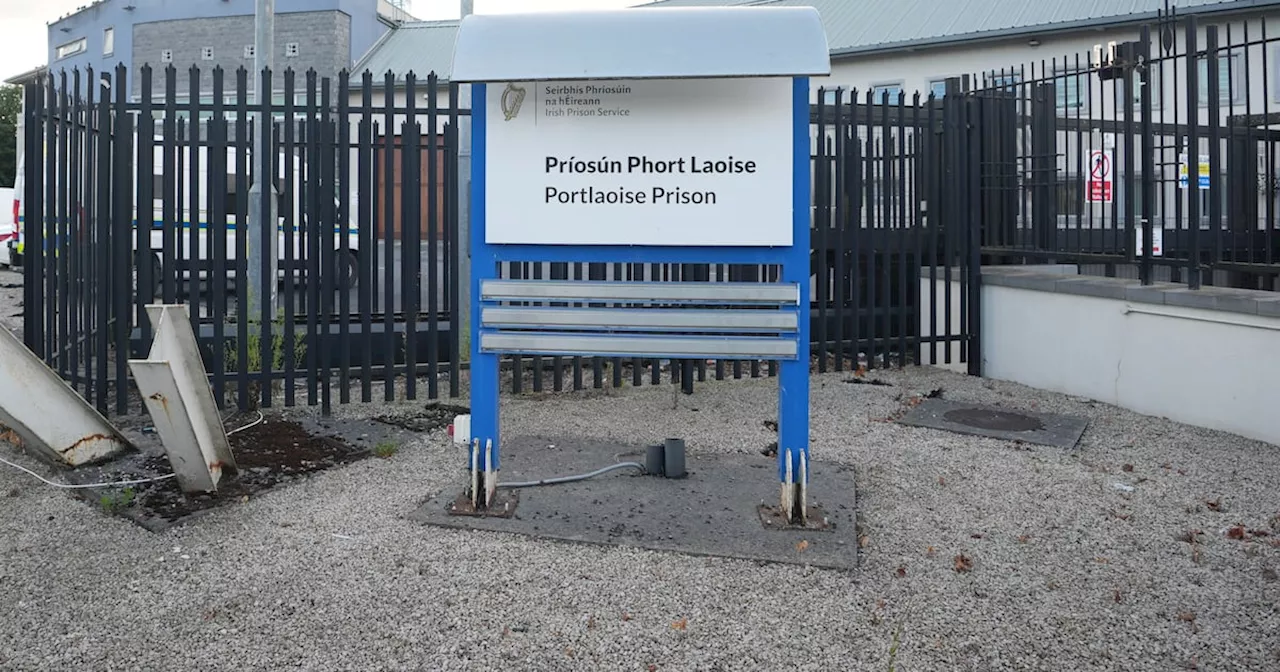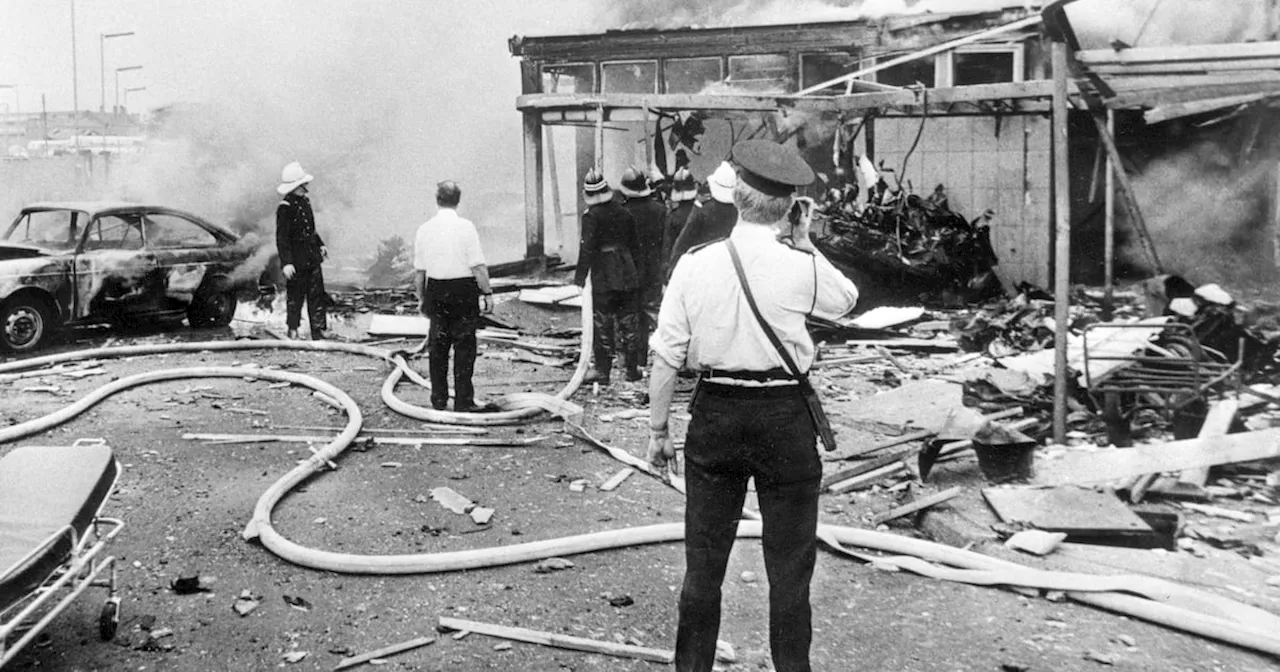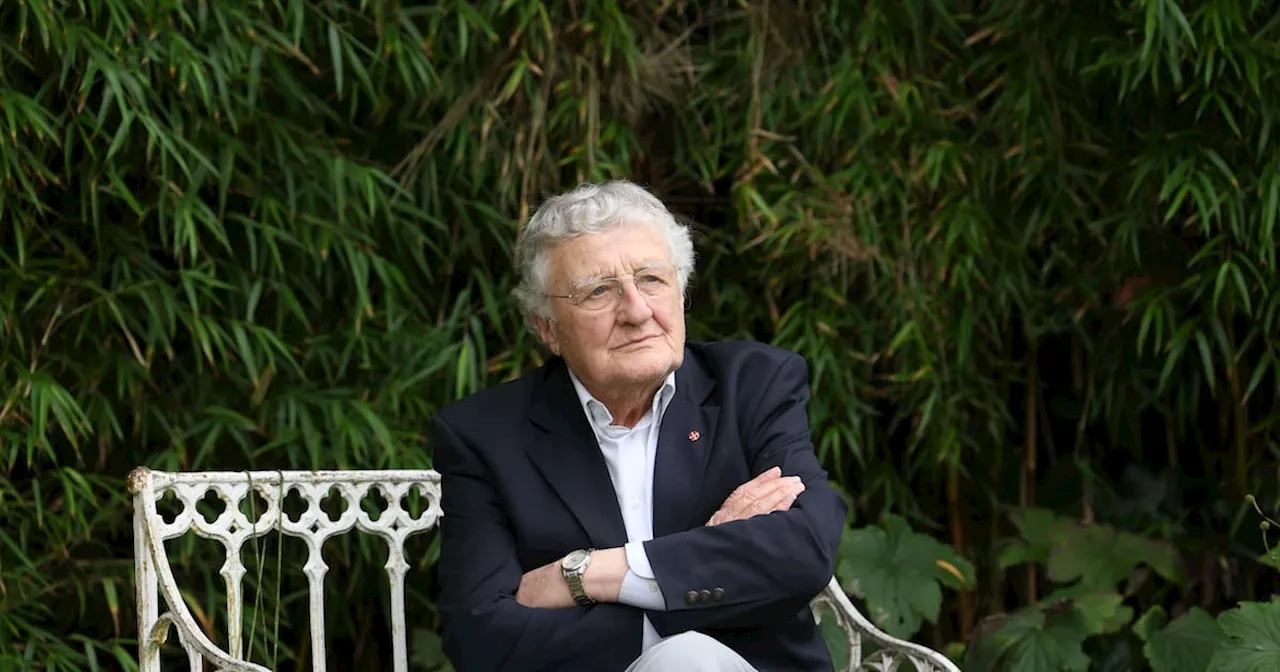Former Methodist Church president Harold Good, whose house played a prominent role in in ending The Troubles, opens up about the challenges of peacemakers
Rev Harold Good, who played a vital role in the Northern Ireland peace process, sits in the garden of his Holywood, Co Down, home where conversations were held with politicians involved in the negotiations.
“There was one occasion when I was nervous. I noticed workmen on a roof. I thought, ‘Those guys, they’re looking to see what’s happening.’ But folks were careful and always made sure to come and go at different times,” he says. Growing up in Derry, he confesses that he was “ignorant” about Catholics’ “legitimate grievances”, but, equally, he did not fully understand until he went to live on the Shankill Road how the Protestant working class were taken for granted by unionist politicians.
Afterwards, Craig and others drilled young Protestants on the Shankill Road, leaving them with “good reason to believe that they were being enlisted to serve and protect their community in a time of crisis”., William Moore and Robert Bates, moments after they had been given full life sentences for killings, barbaric even by the standards of the time.
Some Protestants “deny the history of what their part of the community inflicted upon another. We’re not about to acknowledge that from within the Protestant unionist community. There’s always the ‘Ah, but’”, he says. Even today he is obliged by confidentiality, but he fills in some of the “colour” surrounding the days that followed, including meeting senior IRA figures in the Redemptorists’ Marianella house in Rathgar in south Dublin.
Quite honestly, if I was fixated on a united Ireland, I’d be saying, ‘Let’s build this place to be a happy, contented, successful entity in its own right.’ Then, it would have something to bring to the table Good did not doubt then, or since, the sincerity of those involved or their regret for a “bloody and senseless conflict” … “they did not want their children and their children’s children or anybody’s children to live through what they had lived through”.
Many Protestants and unionists were, and “some still are slow learners” about why Catholics felt the way they did about Northern Ireland, given the discrimination that they endured.
Common-Ground Irish-Republican-Army Ulster-Volunteer-Force Civil-War-1922-1923 Waterford Dublin Sinn-Fein Martin-Mcguinness Jeffrey-Donaldson Belfast Ian-Paisley Northern-Ireland Derry
Ireland Latest News, Ireland Headlines
Similar News:You can also read news stories similar to this one that we have collected from other news sources.
 Five homes on view this week in Dublin and WaterfordNew to the market in Naul, Harold’s Cross, Ranelagh, Churchtown and Lismore
Five homes on view this week in Dublin and WaterfordNew to the market in Naul, Harold’s Cross, Ranelagh, Churchtown and Lismore
Read more »
 Comfortable city living: Turnkey terrace in Harold’s Cross for €425,000Updated period home close to Dublin city centre, amenities and schools
Comfortable city living: Turnkey terrace in Harold’s Cross for €425,000Updated period home close to Dublin city centre, amenities and schools
Read more »
 Army pulls out of Portlaoise Prison after 51 years in wake of IRA clear-outThe threat from subversives is judged by security officials to be much reduced since the end of the Troubles following the Belfast Agreement
Army pulls out of Portlaoise Prison after 51 years in wake of IRA clear-outThe threat from subversives is judged by security officials to be much reduced since the end of the Troubles following the Belfast Agreement
Read more »
 The Provisional IRA’s campaign was never about civil rightsFormer campaigner Anthony Coughlan: Modern-day Sinn Féin trying invent a respectable ‘myth of origin’ for itself
The Provisional IRA’s campaign was never about civil rightsFormer campaigner Anthony Coughlan: Modern-day Sinn Féin trying invent a respectable ‘myth of origin’ for itself
Read more »
 Green energy is good for environment and can protect from economic shocksFinancial turmoil sparked by everything from war in Ukraine to the 1956 Suez crisis offers lessons in why we should decarbonise our economy
Green energy is good for environment and can protect from economic shocksFinancial turmoil sparked by everything from war in Ukraine to the 1956 Suez crisis offers lessons in why we should decarbonise our economy
Read more »
 If Stormont collapses again it is ‘gone for good’, UUP leader warnsMike Nesbitt tells Ulster Unionist Party conference assembly is ‘precious asset’ and says ‘no better alternative’ to devolution
If Stormont collapses again it is ‘gone for good’, UUP leader warnsMike Nesbitt tells Ulster Unionist Party conference assembly is ‘precious asset’ and says ‘no better alternative’ to devolution
Read more »
